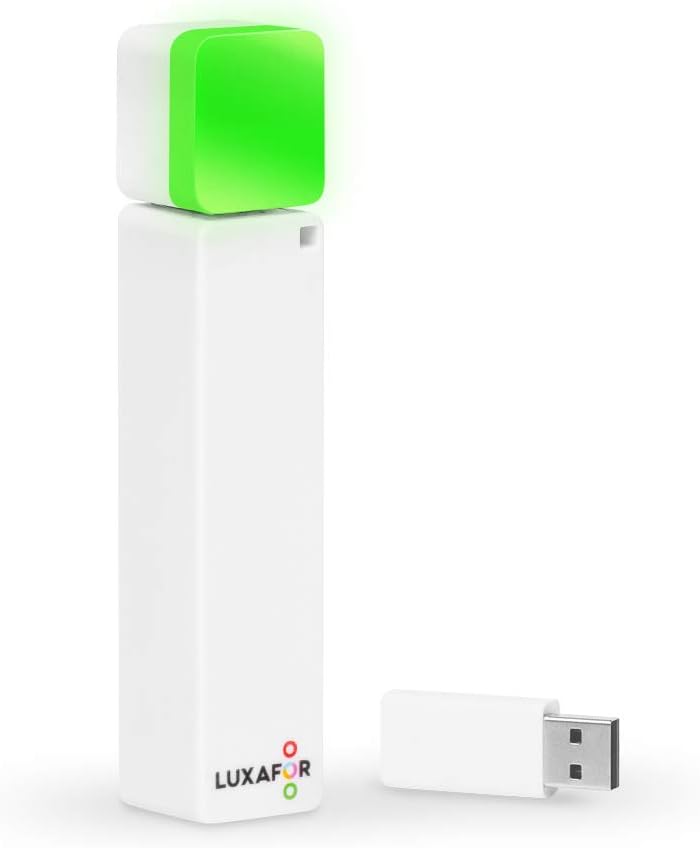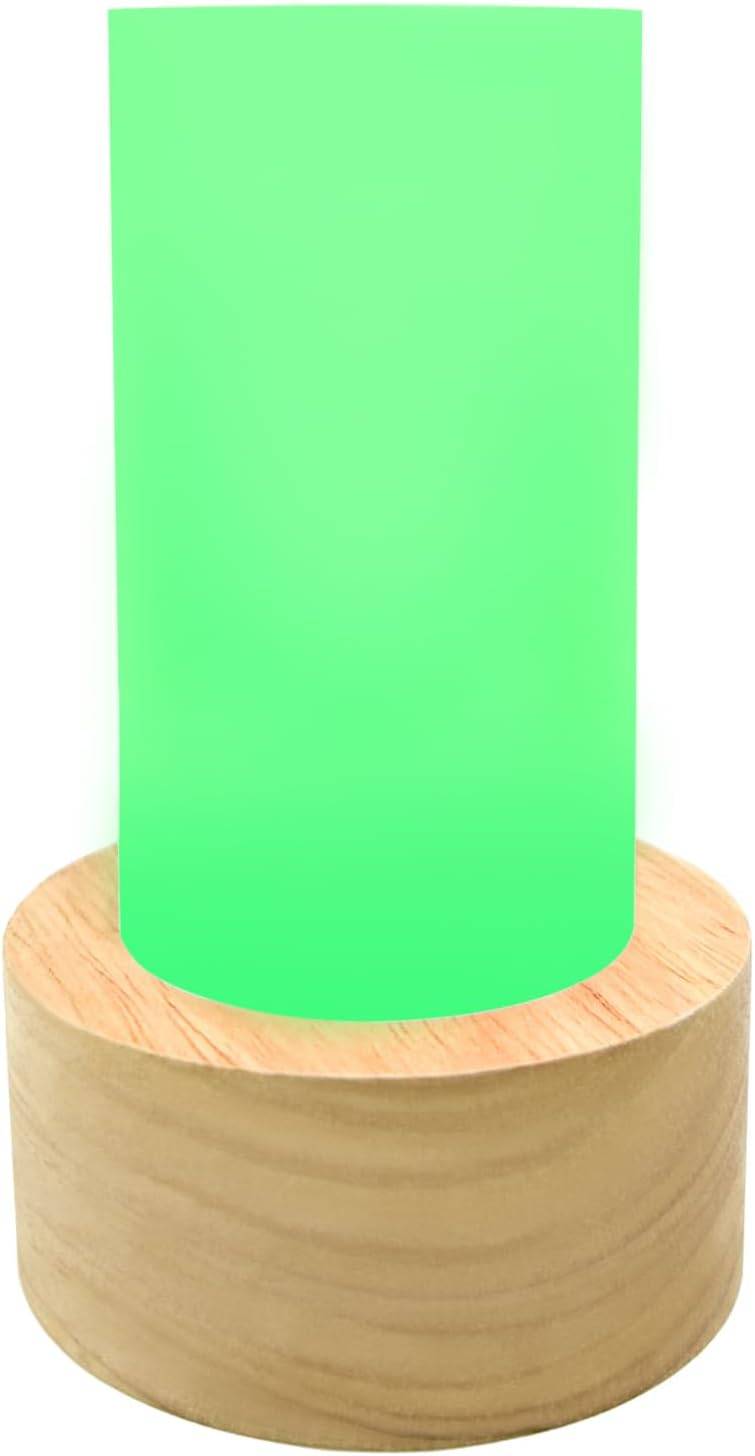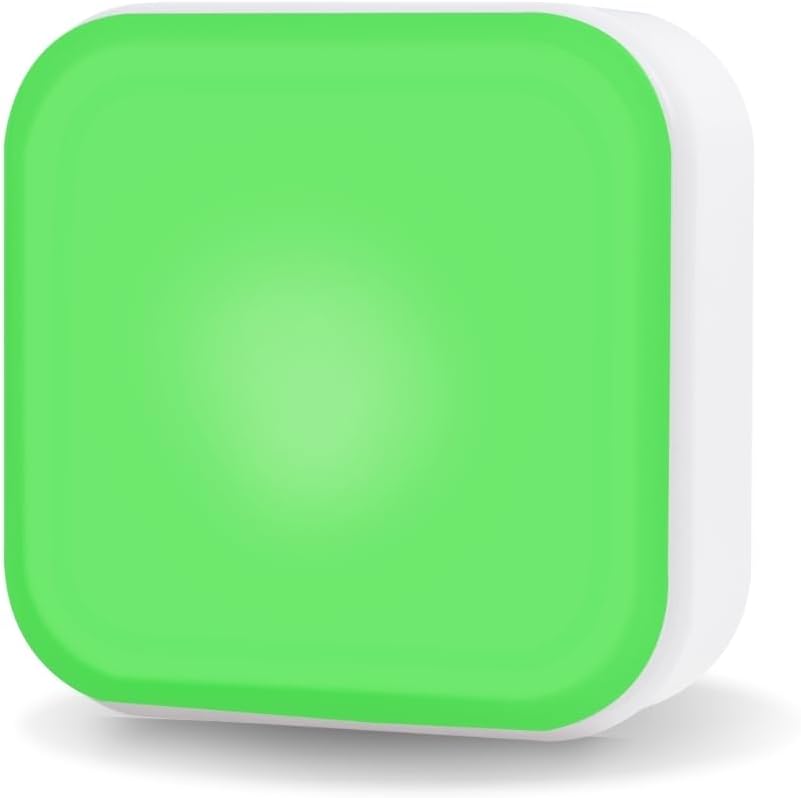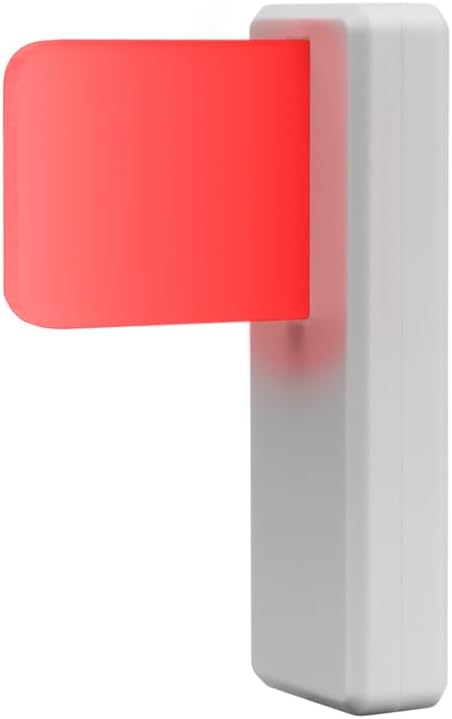Where Did Your Time Go? How Tracking Focus Hours Changes Everything
Track your focus sessions to see where your time really goes and get more done. Simple techniques to protect your attention in a distracted world.
Last updated: May 27, 2025
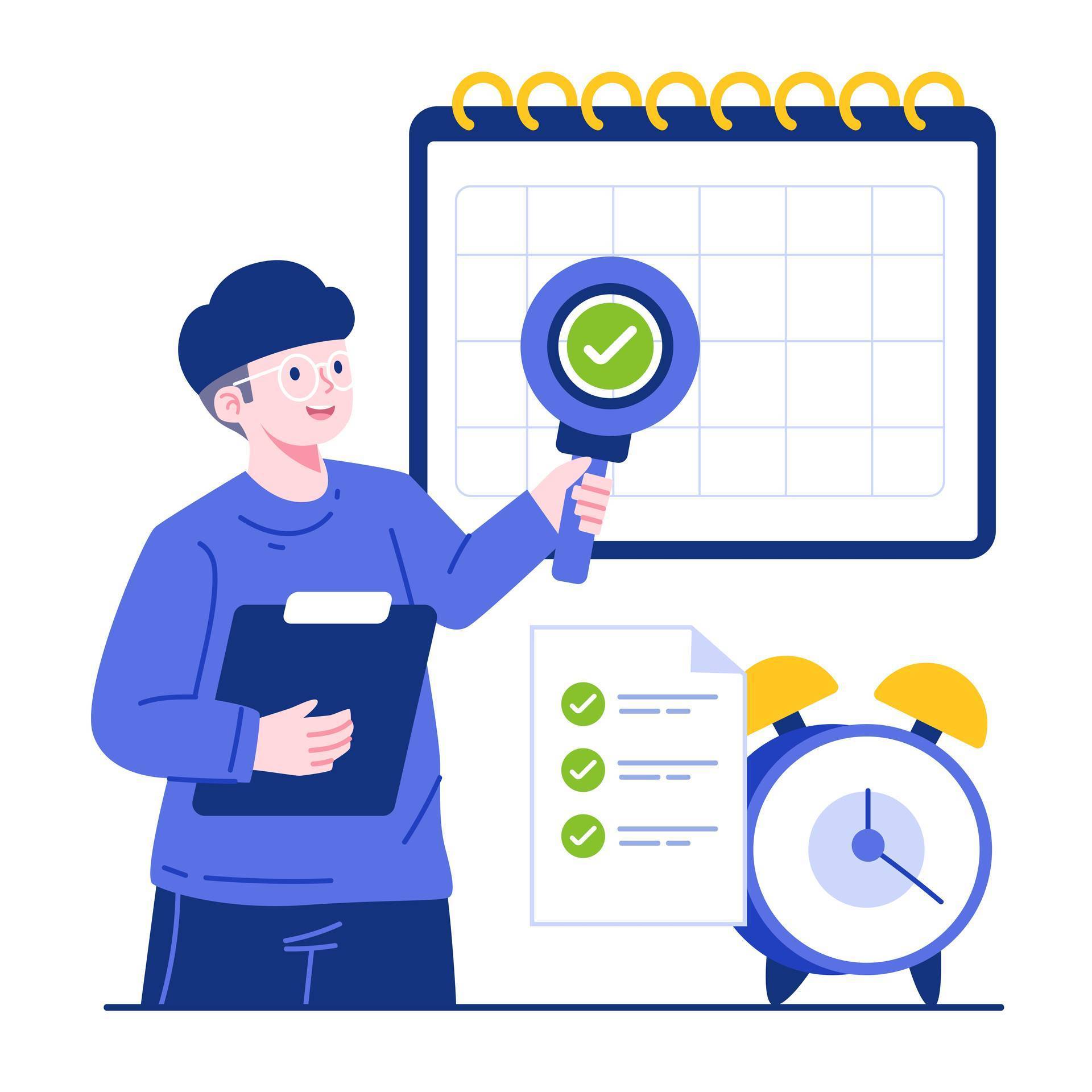
TL;DR: Tracking your focus time helps you see where your day really goes, spot patterns, and make small changes that boost productivity. Use digital trackers, manual timers, or physical signals like busy lights to protect your best work hours.
Ever wonder where your day went? You're not alone. We get interrupted every 11 minutes on average, and it takes about 23 minutes to get back into deep focus afterward.
That math doesn't add up to a productive day. These constant interruptions can cost us up to 6 hours of good work time every day. But there's a simple solution that can help you take back control: tracking your focus time. People who do this regularly see their productivity improve by 20-30%.
Why your calendar and to-do lists aren't enough
Your calendar shows your meetings and your to-do list shows your tasks, but neither tells you how much actual focused work time you're getting. That's a big problem because:
- A day full of meetings looks "busy" but might have zero focus time
- Checking off small tasks feels productive but doesn't reflect deep work
- Every time you switch contexts, your brain pays a heavy price
No wonder so many of us feel busy all day but struggle to point to what we actually accomplished.
What happens when you track your focus
Just paying attention to your focus time creates powerful changes:
- You become more aware of how you're really spending your day
- You start protecting your focus time more carefully
- You notice patterns in when you focus best
- You make better decisions about when to schedule different types of work
The simple act of measurement can increase your focus time by 12-18%, even before you make any other changes to your habits.
Choose a tracking method that works for you
There are several ways to keep tabs on your focus time:
- Automatic digital trackers that monitor your computer activity
- Manual timers that you control when you start and stop focus work
- Physical indicators like Busy Lights that both track your time and signal to others
The best approach combines digital tracking with some physical signal. Research shows this combination reduces interruptions by 37% and makes people feel 24% more productive.
Many professionals find that using a Kuando Busylight UC Alpha or Embrava Blynclight solves two problems at once. It clearly signals "do not disturb" to colleagues while also helping you track your focus sessions through its companion app.
If you need a subtle way to stay focused, try a Handheld Roller Fidget Toy or Infinity Cube Fidget Toy as a physical anchor for your focus sessions.
Getting started is easier than you think
Here's a simple way to begin tracking your focus time:
- Decide what counts as "focus time" for your specific work (Is it writing? Coding? Analysis?)
- Track your current patterns for one week to establish a baseline
- Set a modest improvement goal (aim for 10% better, not a complete overhaul)
- Create visual reminders about protecting your focus sessions
Solutions for common tracking challenges
"I forget to start or stop my tracker"
Connect tracking to an existing habit like your morning coffee, or link it to a specific workspace or desk light.
"The numbers make me feel bad about my productivity"
Look for trends rather than absolute numbers, and celebrate small improvements. Progress, not perfection!
How to know if it's working
After a few weeks of tracking, look for these improvements:
- More total focus hours each week (aim for 15-20 hours for knowledge work)
- Longer periods of uninterrupted concentration (45-90 minutes is ideal)
- Fewer interruptions (both from others and from yourself)
- A feeling of greater control over your day
Your attention is your most valuable asset
In today's distracted world, the ability to focus deeply is becoming increasingly rare and valuable. Tracking your focus time isn't about pressuring yourself to work more. It's about being intentional with your mental energy and making sure your most important work gets your best attention.
Ready to take control of your focus? Our Busy Lights and Fidget Tools can help create the visual boundaries you need while making it easier to track your productive time.
Find Tools That Make Focus Easy
Discover handpicked products designed to help you get in the zone and make the most of your day.
